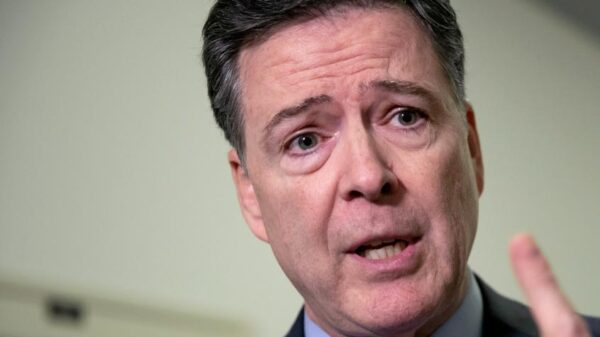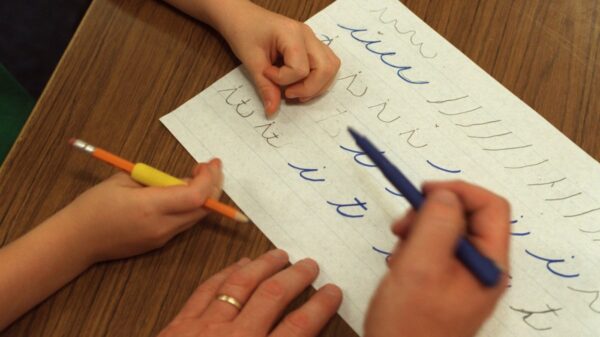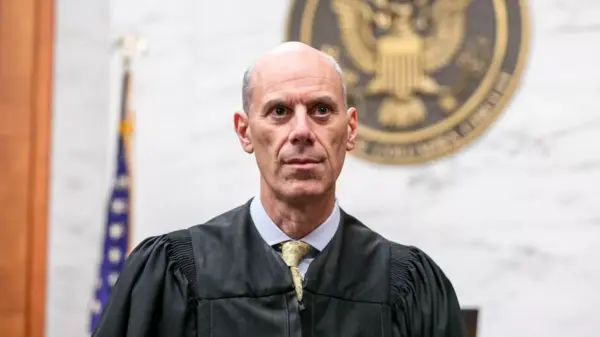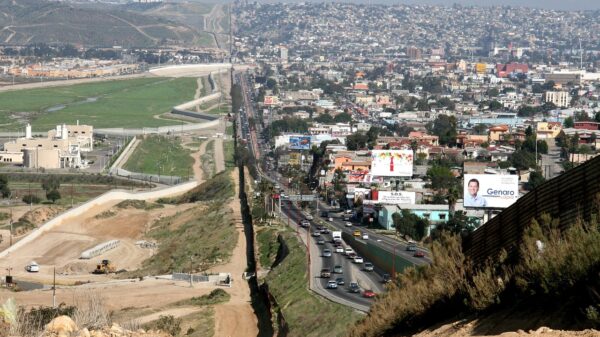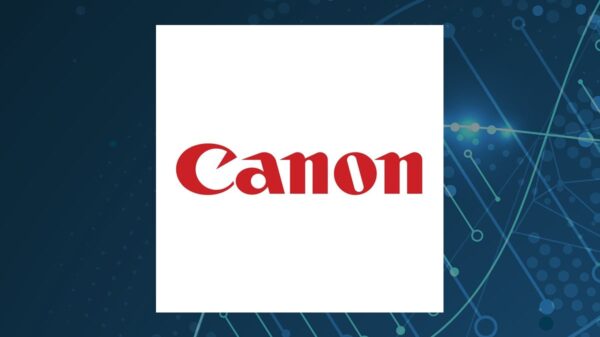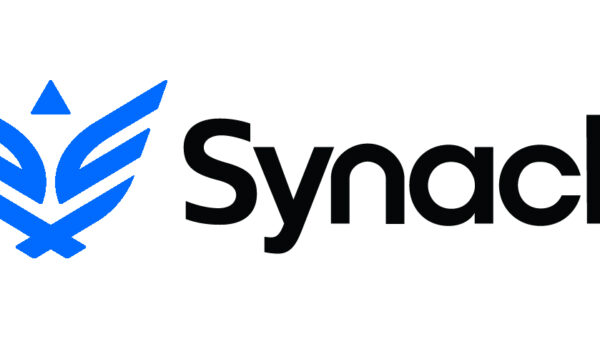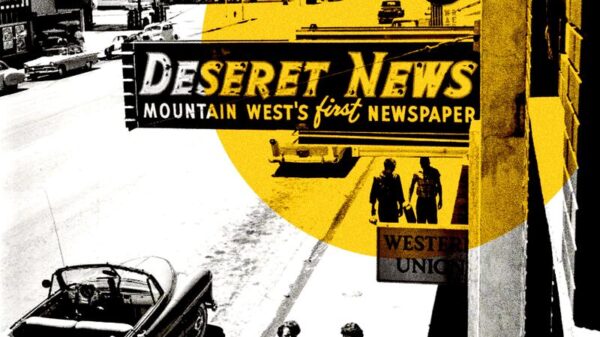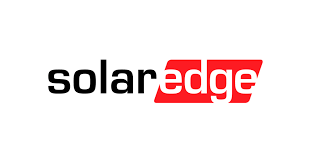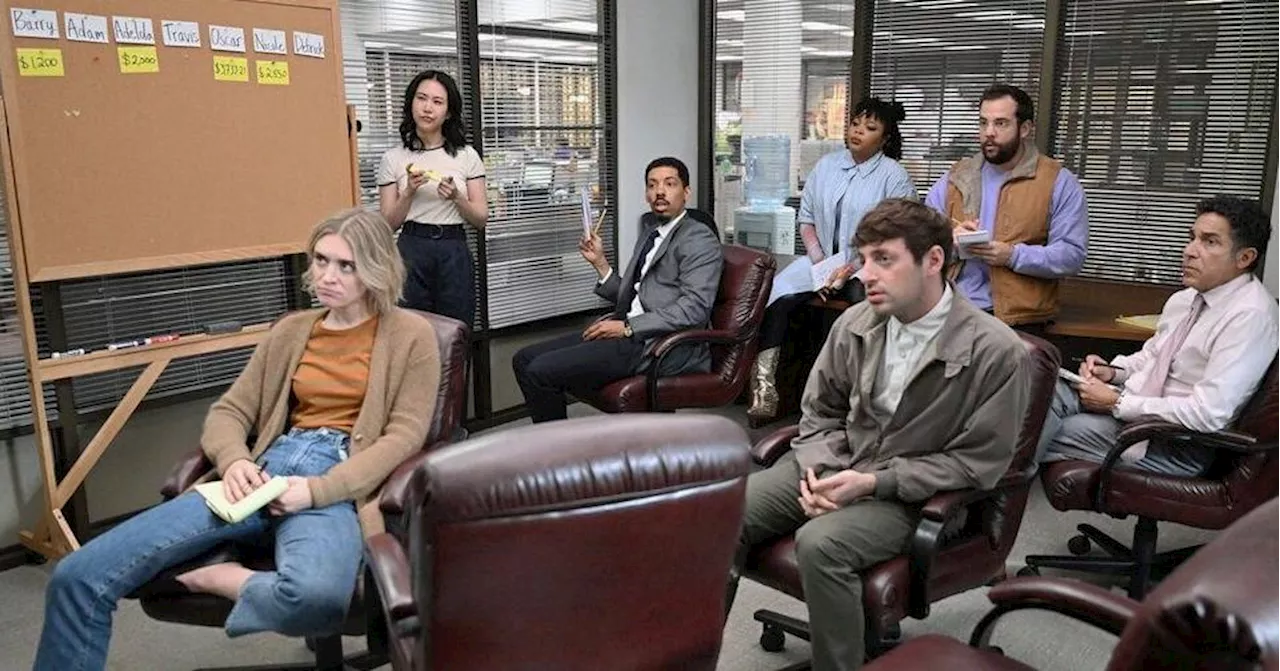Recent advancements in artificial intelligence (AI) have sparked a significant debate regarding its potential to reshape historical narratives. Concerns have emerged about AI’s ability to create deepfakes, utilize opaque algorithms, and contribute to a decline in academic rigor, which may distort society’s understanding of the past.
The rise of deepfake technology allows for the creation of hyper-realistic videos and audio recordings that can convincingly alter historical events. This capability raises alarms among historians and educators who worry that misinformation could spread rapidly, leading to a misrepresentation of facts. With the ease of sharing digital content, even well-established historical truths may be undermined by fabricated narratives.
The Role of Algorithms and Academic Integrity
Algorithms play a critical role in shaping the information individuals consume. Many AI systems rely on data that may not accurately represent historical contexts. As technology becomes increasingly integrated into educational settings, the risk of academic decline becomes apparent. According to a report from the Institute of Education Sciences, the reliance on AI-driven platforms may compromise the quality of historical education, leading to an incomplete understanding of significant events.
Additionally, the job market is facing challenges as AI continues to evolve. Roles traditionally held by historians, educators, and researchers may be threatened by automation, potentially resulting in job losses. The World Economic Forum estimates that by 2025, 85 million jobs may be displaced by shifts in the division of labor between humans and machines. This trend underscores the necessity for educational institutions to adapt and prepare students for a future where AI plays a pivotal role in various fields.
Implications for Society’s Understanding of History
The impact of AI extends beyond academia and job markets; it fundamentally alters how society engages with historical narratives. In an era where misinformation can spread faster than facts, discerning credible sources becomes increasingly challenging. The proliferation of AI-generated content could lead to unreliable narratives that shape public perception and cultural understanding.
As AI continues to develop, the need for critical thinking and media literacy becomes paramount. Educational systems must emphasize these skills to help individuals navigate an increasingly complex information landscape. Initiatives aimed at promoting digital literacy can empower people to question the authenticity of what they consume, regardless of the source.
In conclusion, while AI offers numerous opportunities for innovation, its potential to distort historical narratives poses significant challenges. As society grapples with these complexities, it is essential to prioritize academic integrity, job preparedness, and media literacy to ensure a well-informed public capable of engaging with history accurately. The future of our historical understanding may depend on how effectively we manage the intersection of technology and education in the coming years.







